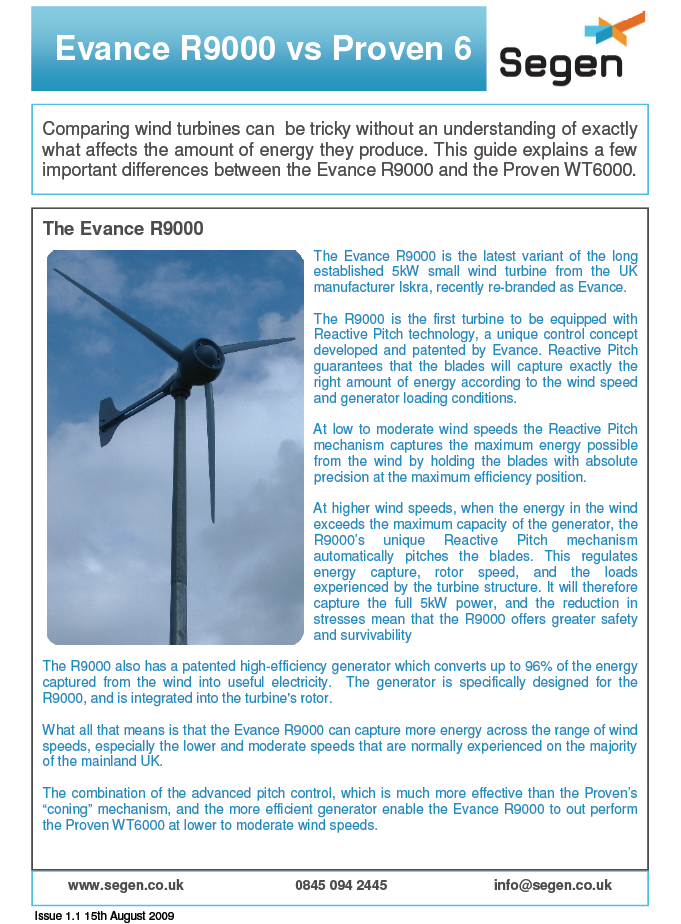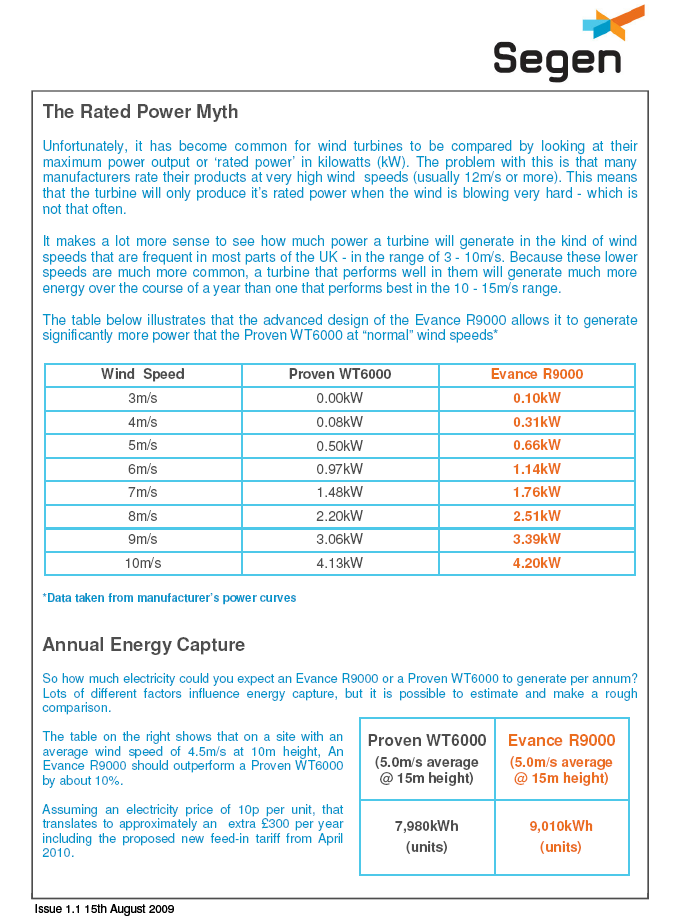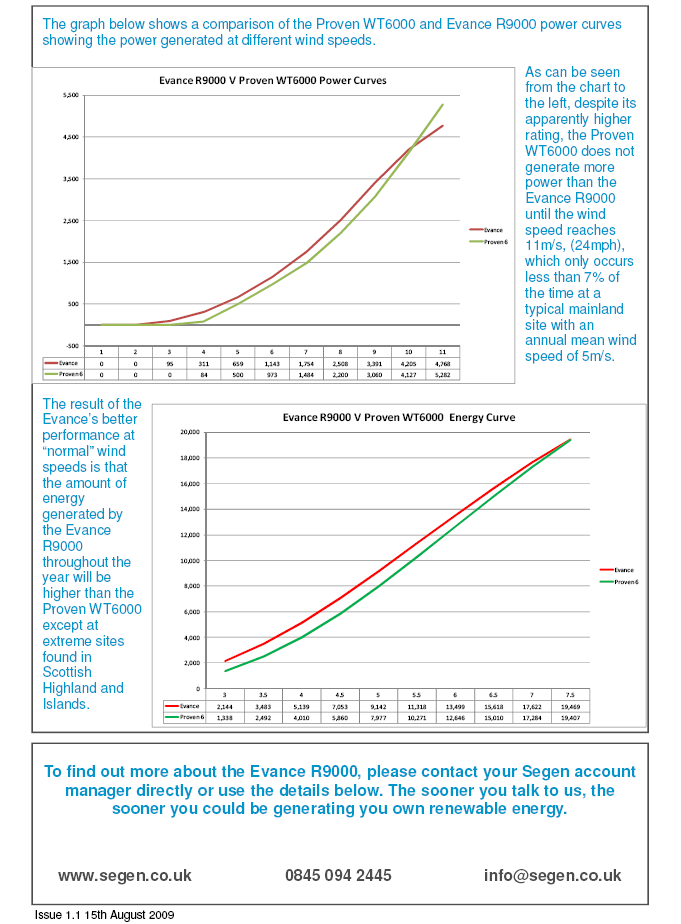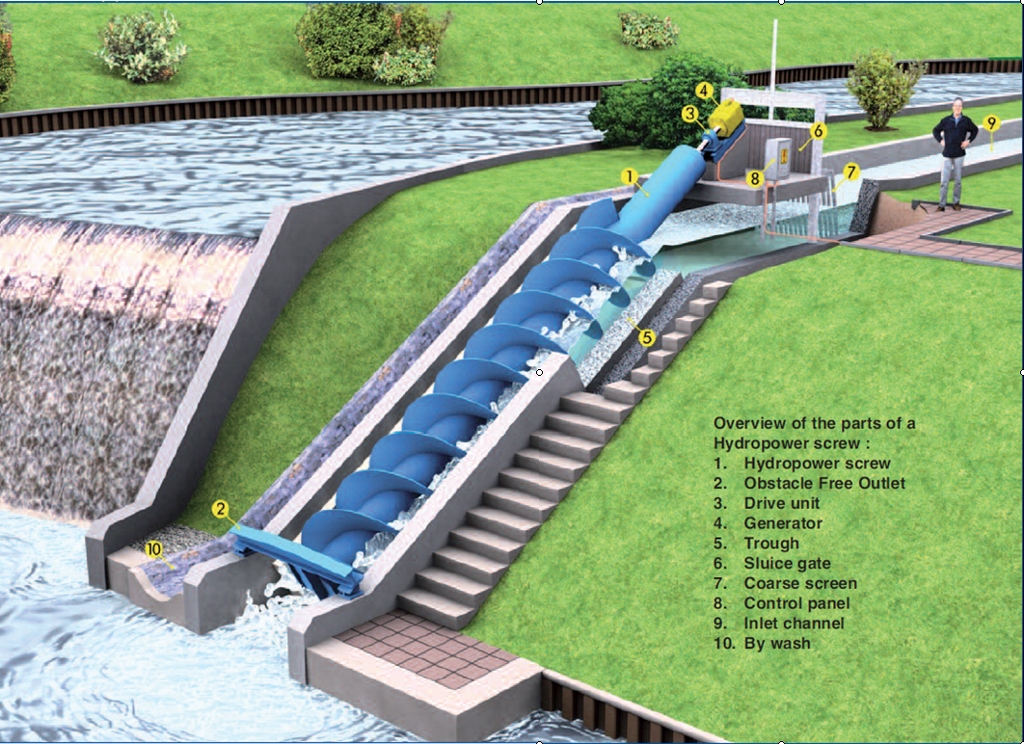Setting a green evolution in motion – featured in the Sunday Business Post
Setting a green evolution in motion
Frank Gethings believes that redundancy can be looked at in two ways: either a gloomy end to a job or an opportunity to do something you have a passion about.
Gethings had been working for Maxtor, a multinational firm based in Bray, for about six years when it was acquired b y rival Seagate.
The change of ownership led to the closure of Maxtor, and Gethings was among more than 100 people who lost their jobs just before Christmas 2006.
‘‘Starting my own business had always been one of my goals, so I looked on the redundancy as an opportunity, as opposed to something negative,” said Gethings. ‘‘We received a good redundancy package from Maxtor, so I seized the moment: a case of now or never.”
Equipped with ‘‘the right attitude’’ and a keen interest in renewable energy, Gethings set about establishing Eco Evolution.
His firm specialises in all aspects of renewable energy – from consultancy to the design, supply and installation of wind turbines, solar heaters and even small-scale hydroelectricity generation systems.
‘‘The renewable energy industry in Ireland is only in its infancy and has tremendous potential for significant growth and high-calibre job creation,” said Gethings.
‘‘I think Ireland has the potential to be a world leader in this industry, but it will take real political leadership and proper support mechanisms to get it off the ground.”
A native of Ferns, Co Wexford, Gethings graduated in electronic engineering at Dublin City University in 1989.He worked for Kimble, a Dundalk based manufacturing firm, for six years, followed by a three-year stint with MKIR Panasonic.
When he went to work for Maxtor in 2000, he was able to move back home to Ferns, where Eco Evolution is now based. ‘‘I started working on setting up the company in 2006 when I was made aware of the impending redundancy,” he said. ‘‘This included carrying out intensive research and compiling a business plan, training and cherry-picking products.”
Gethings also did courses in sustainable energy, wind turbine and solar photovoltaic installation, and a wind energy module as part of a Masters in renewable energy systems.
Eco Evolution started trading in 2008, with funding from the Wexford County Enterprise Board. The firm is the official reseller for several international renewable energy products, and its customers are mainly in the residential and agricultural sectors. However, Gethings said that a number of commercial projects were also in the pipeline as businesses looked at ways to cut costs and become more environmentallyfriendly.
‘‘This is probably the only industry which can rise up out of the doldrums and lead this country into an era of prosperity once again,” said Gethings.
‘‘To support this energy revolution, our leaders must also rise up and take real responsibility for what needs to be done.”
Featured in the Sunday Business Post in ‘People in Business’ section:












